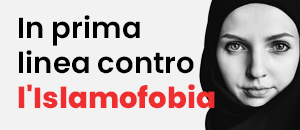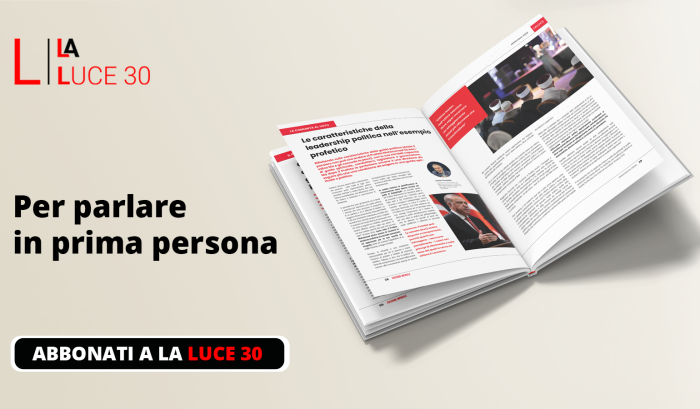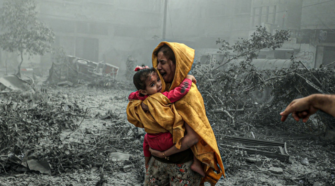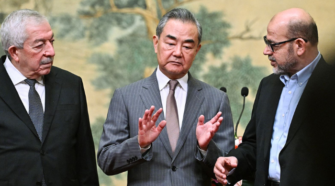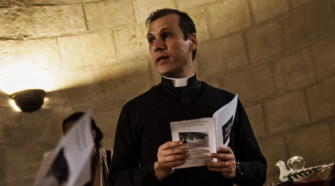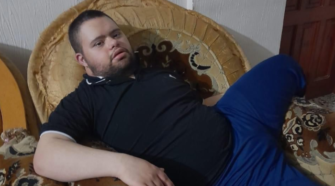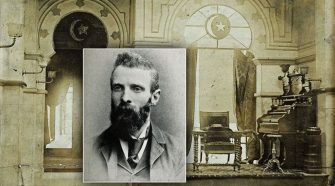Away from conspiracy theories, there is a new reality written by the Palestinian resistance in the Gaza war, in an unprecedented and qualitative operation on security, intelligence, and diplomatic coordination in negotiations regarding hostages and prisoners.
While the Palestinian-Israeli conflict may be unparalleled in modern history in terms of war crimes and the religious dimension of the conflict, the question of human commonality is now raised in the form of a comprehensive solution. This involves reshaping Palestinian and Jewish identity, considering that racial nationalism cannot witness a potential merger threatened in terms of security, population, and culture.
Therefore, a methodological framework must be established to understand the dimensions of this conflict and its repercussions on the region. The language used by the West (Europe and the United States) when addressing the Palestinian issue cannot be separated from its colonial and imperialistic history towards the “other.” European colonialism justified its exploitation of other peoples under the guise of their preparation and development to achieve its economic, cultural, and political interests at the expense of other peoples, based on the principle of power that prevails over all treaties, laws, and human rights in self-determination.
Thus, a solution must be proposed, at least from my perspective as a researcher in colonial and orientalist studies. The Palestinian-Israeli conflict is a struggle based on the idea of security, political, and religious colonization by adopting a religious narrative built on the supremacy and cultural distinction of a racial ethnicity that gives a minority of Jews the right to colonize and distinguish themselves from others as the surviving and chosen group by the Lord due to the divine covenant for the promised land.
From here, it is necessary to begin exploring solutions and clarifying that the problem is not impossible, as others claim, because what is happening in Palestine today has been witnessed by Africa, America, and many entities on earth that faced the apartheid system through the politicization of racial and ethnic boundaries, describing it as racial-cultural colonization. Europe colonized most of the world under the pretext of building the modern state.
Charles Tilly, in his book “Social Movements,” says that war makes the state, and homogeneous nationalism is just a deception to develop the social contract to become more modern. The revolution is a political phenomenon inseparable from the work of conflictual power relations, an extension of violent and non-violent collective actions seeking common interests.
This is embodied in the war in Gaza between racial nationalism and the indigenous people, as “war makes the state, and the state makes the war.” Therefore, it is necessary to explain the dilemma that the state and the manufacture of war are one issue that cannot be separated. The creation of minorities and their dismantling is a result of the war that produces a new social contract based on negotiation by involving political actors as survivors for building an equal citizenship state based on social and cultural fusion, as happened in South Africa in its conflict with the apartheid system.
The model of political modernity is based on an approach that rejects the political identity of modernity with a national character by creating a state that considers the principle of citizenship and equality under the law. What happened in Westphalia in 1646 marked the emergence of European nationalities, making them in a constant state of conflict that failed to achieve real social homogeneity, tearing the continent apart through internal conflicts that led to its downfall and separation instead of unity. For example, the failure of the concept of national democracy with racial dimensions in the model of the egg due to the exclusion of other cultural, linguistic, ethnic, political, and social races.
While the actual moment of the emergence of the nation-state we know today dates back to 1492 in Iberia, and it developed two phenomena. First, racial cleansing practiced by the Castilian monarchy against anyone considered a stranger to create a homogeneous national homeland. Second, the invasion of Native Americans in the Americas in 1492 and the racial cleansing operations similar to those carried out in Iberia against Jews and Moors, Muslims who were persecuted by the Catholic rule in Castile in Andalusia and forced to convert to Christianity.
Therefore, the solution today lies not only in pushing the case to prosecute the criminals and achieve justice for the victims, which would achieve momentary justice but would not contribute to a sustainable political reform aiming to dismantle political colonization and the protectorate system. This aims to enhance and empower the building of an equal citizenship state according to non-racial democracy.
In conclusion, preserving the Jewish community means preserving the Jewish state, making the conflict eternal with an inherited racial tendency, laying the foundation for more violence and societal division. In this conflict, victims are divided into separate racial groups.
It is noteworthy that the Jewish issue is similar to the Palestinian issue in considering them a people without land, referred to as “minorities of the land,” due to their refusal of modernity in favor of preserving their religious, national, and political heritage, reinforcing the issue of minorities within a narrow concept contributing to their transformation into subjects seeking help from colonial forces imposing their agenda under the guise of supporting the presence of minorities.
This parallels the experience of the Maronite and Druze minorities in Lebanon during the Ottoman rule and what the Copts in Egypt faced during the Rashidun Caliphs and the Kurds in Iraq, the Amazigh in Libya, and the Berbers in Morocco under French colonization through the demand for secession, self-rule, and self-determination.”



